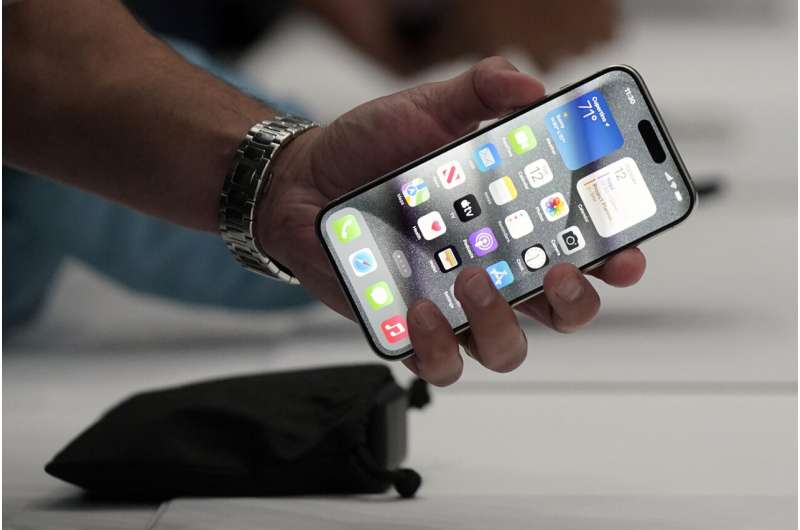Apple’s ubiquitous iPhone is on the verge of a significant transformation as it shifts toward artificial intelligence, enhancing its often lackluster Siri assistant and enabling real-time custom emoji creation.
This new era is set to launch on Monday with the highly anticipated unveiling of the iPhone 16 in an auditorium named after Apple co-founder Steve Jobs, who first showcased the original iPhone in 2007, predicting its societal impact.
Since then, Apple has sold billions of iPhones, generating approximately $3 trillion in shareholder wealth. However, the past decade has seen mostly incremental upgrades between models, prompting many consumers to delay purchasing new iPhones and contributing to a recent decline in sales of Apple’s flagship product.
The iPhone 16 is generating excitement as the first model specifically designed for AI, a technology poised to catalyze the largest shift in the industry since Jobs introduced the smartphone market 17 years ago.
The enhancements in the iPhone 16 could position Apple as “the gatekeeper of the consumer AI revolution,” according to Wedbush Securities analyst Dan Ives.
Apple’s pivot toward AI began three months ago with a preview at a developers conference, building anticipation for Monday’s reveal.
Since that June conference, competitors like Samsung and Google have made significant strides in AI. Google even made headlines by launching its latest Pixel phones—packed with AI features—last month, ahead of its usual October schedule to overshadow Apple’s iPhone 16 release.
To differentiate itself from early AI leaders, Apple is branding the technology integrated into the iPhone 16 as “Apple Intelligence.” However, this concept is similar to the AI features already present in Google’s Pixel 9 and the Samsung Galaxy S24 released in January.
Most of Apple’s AI capabilities will operate directly on the iPhone rather than relying on remote data centers, necessitating a specialized processor in the upcoming models and last year’s high-end iPhone 15s.
This focus on local AI processing has led investors to anticipate strong demand for the iPhone 16, fueling a surge in sales that has driven Apple’s stock price up by 13% since the company revealed its AI strategy in June, adding nearly $400 billion to its market value.
